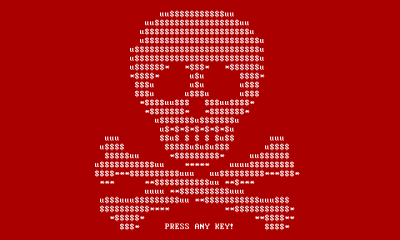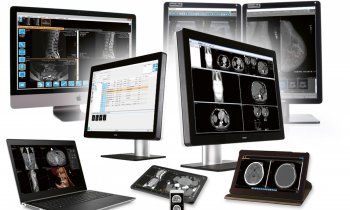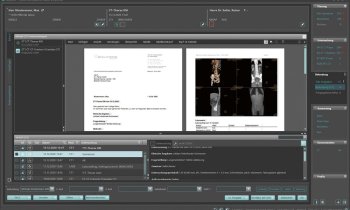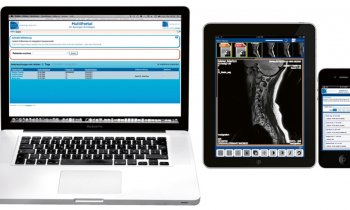Medical Transcription and Health Information Security
In July 2011 the Defense Department of the United States lost approximately 24,000 sensitive Pentagon files in a large-scale cyber attack. If you know anything about the U.S. Department of Defense (DoD), you know that it is arguably one of the highest-priority sectors of the American government.
Report: Abigale Washford
You know that a very large amount of money—more than 500 billion dollars per year, actually—is spent on maintaining this arm of the nation. So how does it make sense that such a high-priority and well-funded organization could lose such sensitive files to cyber hackers? Shouldn’t the Department of Defense have some of the most advanced and up-to-date security systems, systems that you’d expect to be impervious to outside threats? And for that matter, how in the world does this apply to medical transcription?
The “Internet” first started as a means for governments and universities to store, protect, and share sensitive information like patents and research. In a short period of time, however, cyberspace rapidly evolved into a strange parallel world full of websites and marketing and personal computing that forever changed the world. The mass proliferation of the Internet put pressure on certain sectors of business, especially the health care industry.
This pressure very likely prompted Title II of the Health Insurance Portability and Accountability Act (HIPAA), which demanded the creation of national standards for—among other things—the electronic transfer of medical information. Medical transcriptionists are today’s manifestation of “health insurance portability,” as they are directly involved in the review and transfer of medical history reports, patient discharge summaries, and other extremely sensitive health-related information. Today, many hospitals and medical offices in the United States are increasingly outsourcing medical transcription services because of the convenience of information transfer on the Internet.
Can you see the potential problem here? Can you see how the transfer of information about your last physical exam over the Internet, to a different country, isnot a good thing? If the United States Government’s premiere security branch has been breached so many times in the past, who’s to say that your medical records aren’t next? Who is to say that a HIPAA-compliant medical transcription company overseas is completely safe from cyber attacks?
Information security continues to evolve—but as it does, so too do the tactics and intentions of hackers. Whether you are a student, a professional medical transcriptionist, or a patient interested in the security of your health-related information, the following reading is pivotal to a holistic understanding of the healthcare industry’s growing security needs.
The article was first published at www.medicaltranscription.net
12.07.2012











